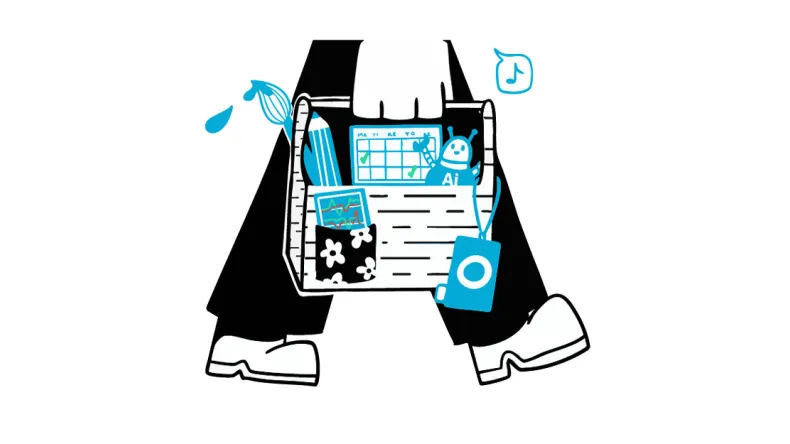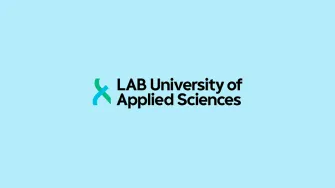Growth and new skills from creative sectors – SOLA

The labour market is changing and job profiles in the creative sector are also changing. The need and demands for sustainability require skills upgrading, some jobs need to change due to digitalisation, and artificial intelligence opens up and enables new ways of working. Work is done in different networks, nationally and internationally. Creative work is not location-specific and typically consists of many careers and skills over a lifetime. The labour market requires a broad range of sectoral expertise and multidisciplinary skills. Creative sector also need to be adaptable to new professional demands, collaborative and co-creation skills and new types of problem- solving skills. Working life skills and professional competences therefore require continuous and timely updating, including in the creative industries.
Business needs have also changed. As in many other sectors, the training received in the past does not fully meet the needs of the creative industries. Such skills needs - to which SOLA also responds - include those related to foresight, digitalisation, artificial intelligence, and sustainable development (including social, economic and environmental responsibility) and business skills.
From the point of view of promoting the creative industries, it is important to recognise that the creative industries generate economic value. The importance of creating intangible value based on the skills of the creative industries has been recognised both nationally and locally in different regions and sectors in Finland. However, despite development programmes, the potential of intangible value creation has not been realised and creative professionals are unemployed or working in other sectors.
In the SOLA project, creative know-how is brought to the sectors and companies at the forefront of smart specialisation in Päijät-Häme. According to Päijät-Häme's regional strategy, the smart specialisation spreadheads are food and drink, sports, manufacturing and, as a cross-cutting theme, sustainability. The project measures will identify the skills needs of companies in the key areas of smart specialisation and target skills in the creative industries to meet these needs.
Typically, creative competences have not been widely used or at least their importance has not been emphasised in the above-mentioned sectors. The project will also highlight how the creative industries are involved in driving the business of the smart specialisation frontier.
Business needs have also changed. As in many other sectors, the training received in the past does not fully meet the needs of the creative industries. Such skills needs - to which SOLA also responds - include those related to foresight, digitalisation, artificial intelligence, and sustainable development (including social, economic and environmental responsibility) and business skills.
From the point of view of promoting the creative industries, it is important to recognise that the creative industries generate economic value. The importance of creating intangible value based on the skills of the creative industries has been recognised both nationally and locally in different regions and sectors in Finland. However, despite development programmes, the potential of intangible value creation has not been realised and creative professionals are unemployed or working in other sectors.
In the SOLA project, creative know-how is brought to the sectors and companies at the forefront of smart specialisation in Päijät-Häme. According to Päijät-Häme's regional strategy, the smart specialisation spreadheads are food and drink, sports, manufacturing and, as a cross-cutting theme, sustainability. The project measures will identify the skills needs of companies in the key areas of smart specialisation and target skills in the creative industries to meet these needs.
Typically, creative competences have not been widely used or at least their importance has not been emphasised in the above-mentioned sectors. The project will also highlight how the creative industries are involved in driving the business of the smart specialisation frontier.
Project period
-
Project state
On-going
Project area
National
Project funding
ESR 2021-2027

LAB role
Lead partner
Unit
Institute of Design and Fine Arts
Project focus area
Human well-being




